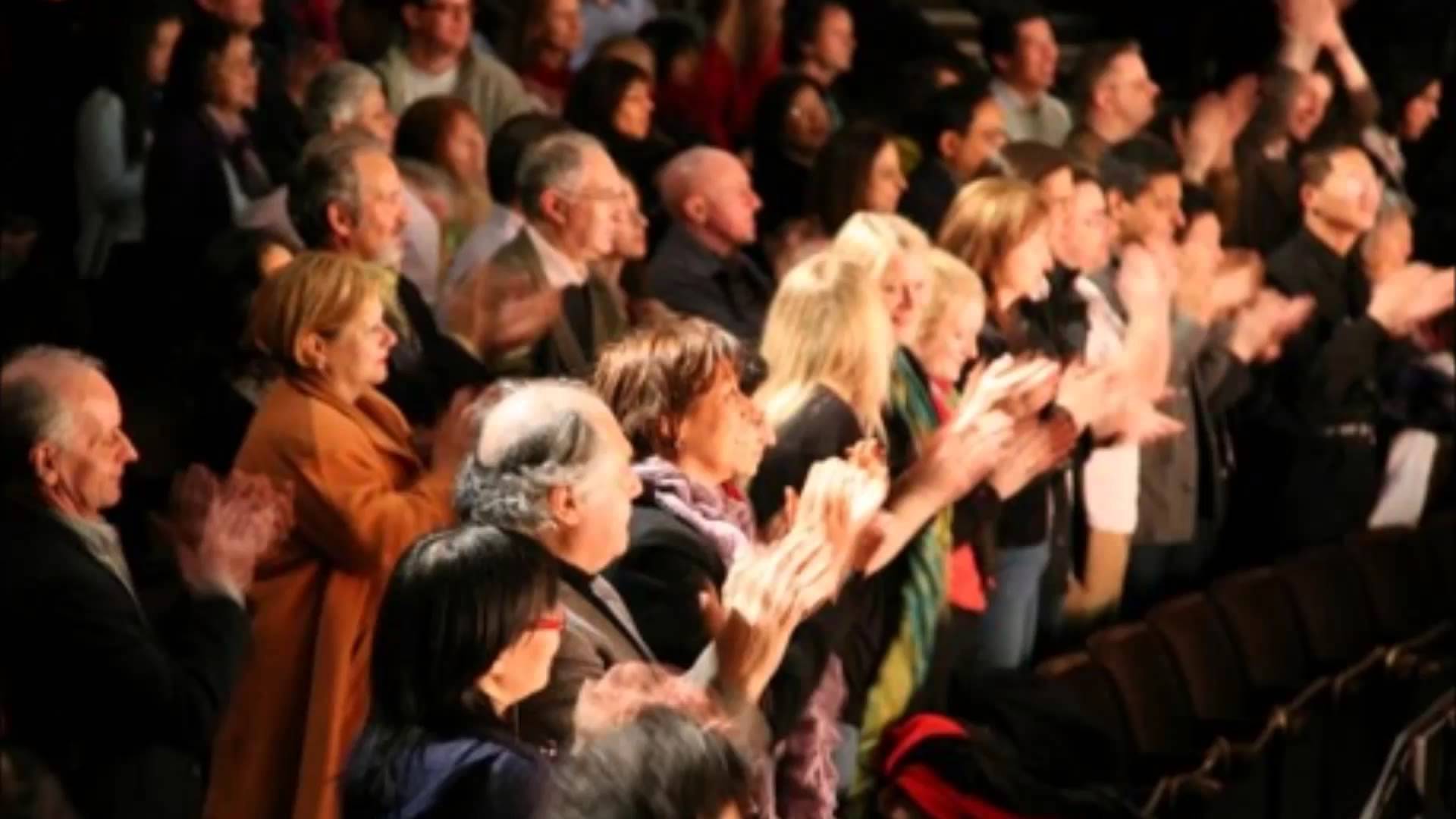Slipped Disc’s own Milly Forrest with two fellow-roses sing Ronald Center’s There is no Rose.
The Full English.
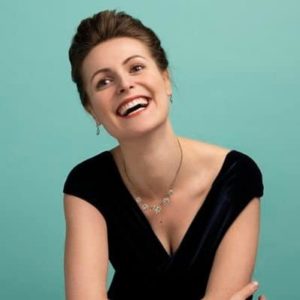
Slipped Disc’s own Milly Forrest with two fellow-roses sing Ronald Center’s There is no Rose.
The Full English.

Despite longterm lockdown, the Miami Symphony Orchestra has extended Eduardo Marturet to 2027.
He said: “I strongly believe we are entering into a new world order, and are privilege to be more together than ever before. I’m extremely proud of our artistic achievements and the lives we have enriched together, and look forward to five more years of exciting music experiences with the Miami Symphony.”
Go figure.
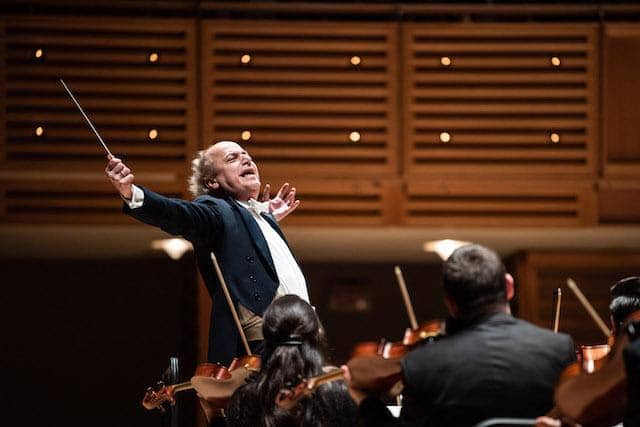
The Tonhalle Düsseldorf reopened on Thursday with spaced-out groups from the Düsseldorfer Symphoniker on stage.
Try as I might to summon enthusiasm for the lovely playing, the setting is all wrong.
Watch below. See what you feel.

The theatre impresario Cameron Mackintosh gave the gloomiest prognosis to the singer Michael Ball on BBC Radio 2 today.
He went on to say: ‘I think from the moment social distancing doesn’t exist anymore, it will take us four to five months to actually get the actors back together. I think the truth it we won’t be able to come back until early next year.’
He added: ‘An audience going together spaced out would be a horrible experience. It’s the experience that makes it so unique.’
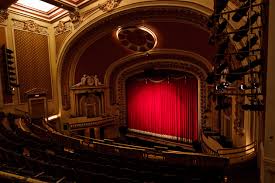
Listen here.
The the Gustav Mahler Music Weeks in Toblach, northern Italy, were called off today.
Likewise the Schostakowitsch Tage Gohrisch in eastern Germany.
It’s going to be a very flat summer.
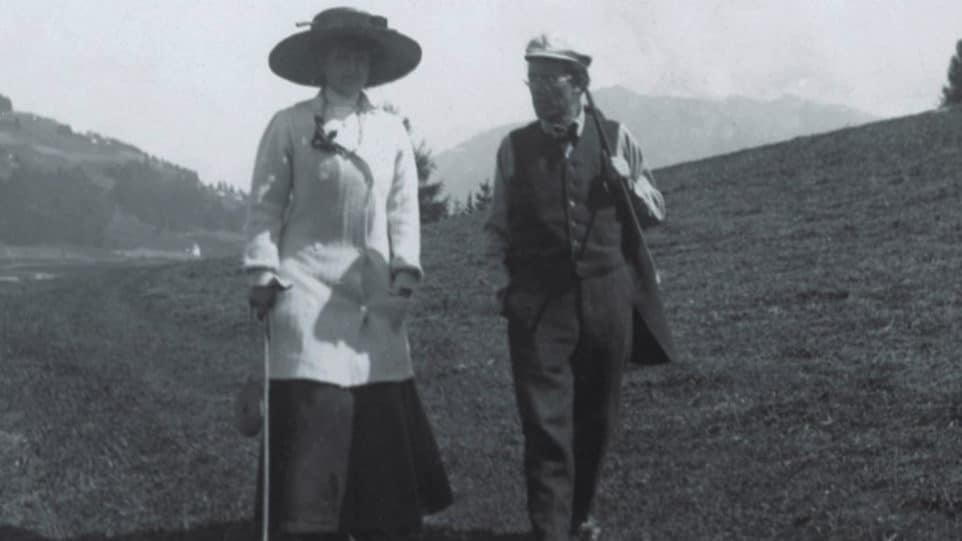
We have received tragic news of the death of Andrea Ceraso, a promising conductor.
The cause of death has not been disclosed, but it is not thought to be related to Covid-19.
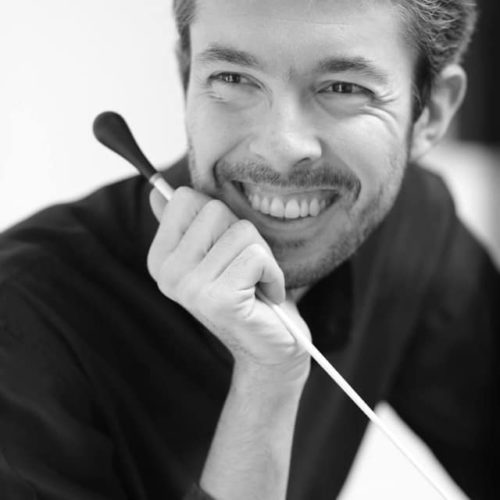
His death was made public by the contemporary-music Associazione She Lives.
I’d have been up for a solo …
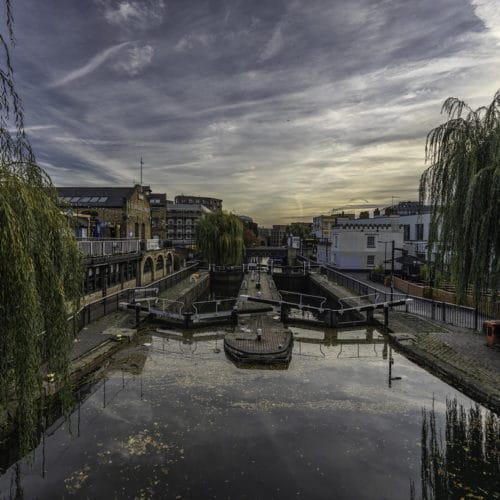
One more?
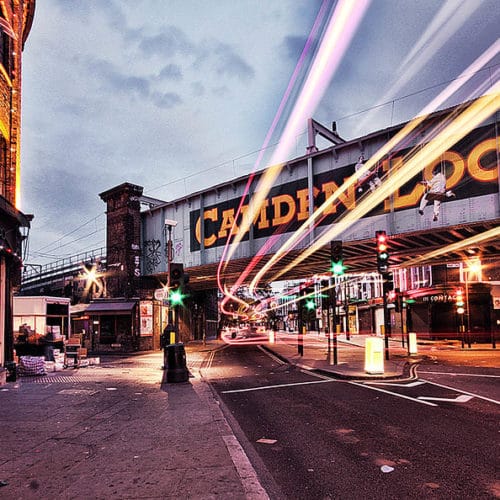
Stanley Curtis, who has died of Covid-19, was involved as a singer and chorus conductor in the world premiere of Arnold Schoenbgerg’s Jakobsleiter in Vienna.
He went on to become professor of music at SUNY Orange from 1969.
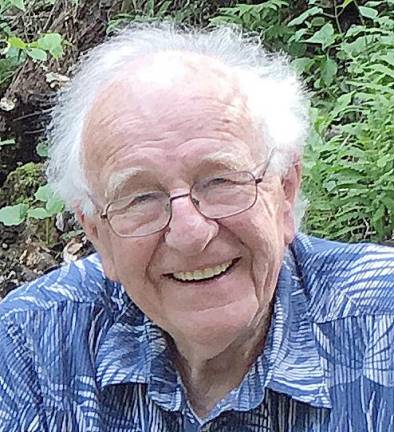
In our sixth week of isolation the following deaths were recorded in the music community:
55 Philadelphia Orchestra legend Alan Abel
56 Metropolitan Opera finalist and world opera singer Gurcell Henry
57 Joseph Feingold, who gave a violin to a Bronx kid and was co-star of “Joe’s Violin”
58 Stanley L. Morse, music director at Trinity Gospel Temple, Canton, Philadelphia.
59 NY organist and music teacher Donald J. Sorel
60 Oberlin College dean David S. Boe
61 Lorna Breen, ER doctor and cellist
62 Opera conductor Baldo Podic
63 Yale organist Charles Krigbaum
64 Choral conductor Stanley Curtis
65 Singer-songwriter Óscar Chávez
66 Ballets Russes dancer and choraographer Ilona Murai
67 Mediterranean concert organiser Richard Coram
Earlier:
This was week 1.
The number of fatalities in the music community has held steady at 10-15 a week throughout the pandemic so far.
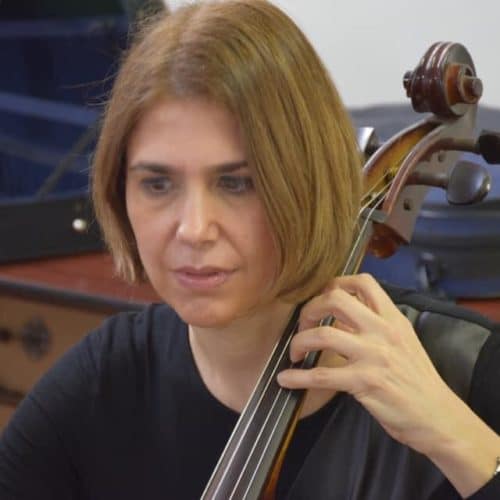
Anna Hill has been collecting statistics for us on the role that over-70s play in organising and attending UK classical events. The over-70s are the group most at risk from Covid-19. Many have died already. Many more will not return to concerthalls for fear of contracting it.
Barbara Eifler of Making Music breaks down her subscription audience at UK concert societies:
– 64% 65 and over
– 21% 50-64
– 9% 35-49
– 3% 20-34
– 3% 19 or under
14% of members on average report a disability.
Performing groups (choirs, orchestras etc) are slightly younger but nonetheless their members’ average ages are also high:
– 38% 65 and over
– 33% 50-64
– 19% 35-49
– 8% 20-34
– 2% 19 or under
4% of their members on average report being disabled.
*
Peter Harrison of Greyshott Concerts:
Extended ‘lockdown’ for the ‘over 70s’ would have a devastating effect on Live Classical Music:
1 Grayshott Concerts, with an active mailing list of over 1000, stages 4-5 live orchestral and choral events every year and we judge that over 85% of concert-goers are aged 70+. They not only have the time and interest to attend events, but they also support the organisation’s success both financially (with donations and ticket sales) but also by serving as supporters, helpers, committee members, introducers, ambassadors etc etc. None of these tasks could take place effectively in lockdown. Within a few months we would have little option but to give up our activities which after a year or more would be extremely difficult to restart. One must also take account of the enormous effect of live music on the wellbeing and mental health of audiences. Some attendees may seldom get out and love the almost party atmosphere which events generate.
2 As volunteer music promoters, we provide employment for a wide range of music professionals including instrumentalists, singers, soloists, choirs, orchestras, conductors, actors and composers. Many of these artists depend on organisations like ours for their very living, without which they may be obliged to leave the profession altogether – and take a job in a supermarket. Every year we pay out up to £100,000 to performers so that they can continue to entertain us. Much of this expenditure comes from the pockets of our elderly supporters disposable income. If they are ’locked down’, our professionals don’t get paid.
3 Wherever we can, we feature promising young performers who need to ‘get on the ladder’ if they are to get on in the very tough world as a professional performer. No over 70s, no concerts, more ends of careers. Just imagine today’s concert halls if this had happened to Nicola Benedetti, Alison Balsom, Sheku Kanneh-Mason. Our over 70s are the future of live classical music.
